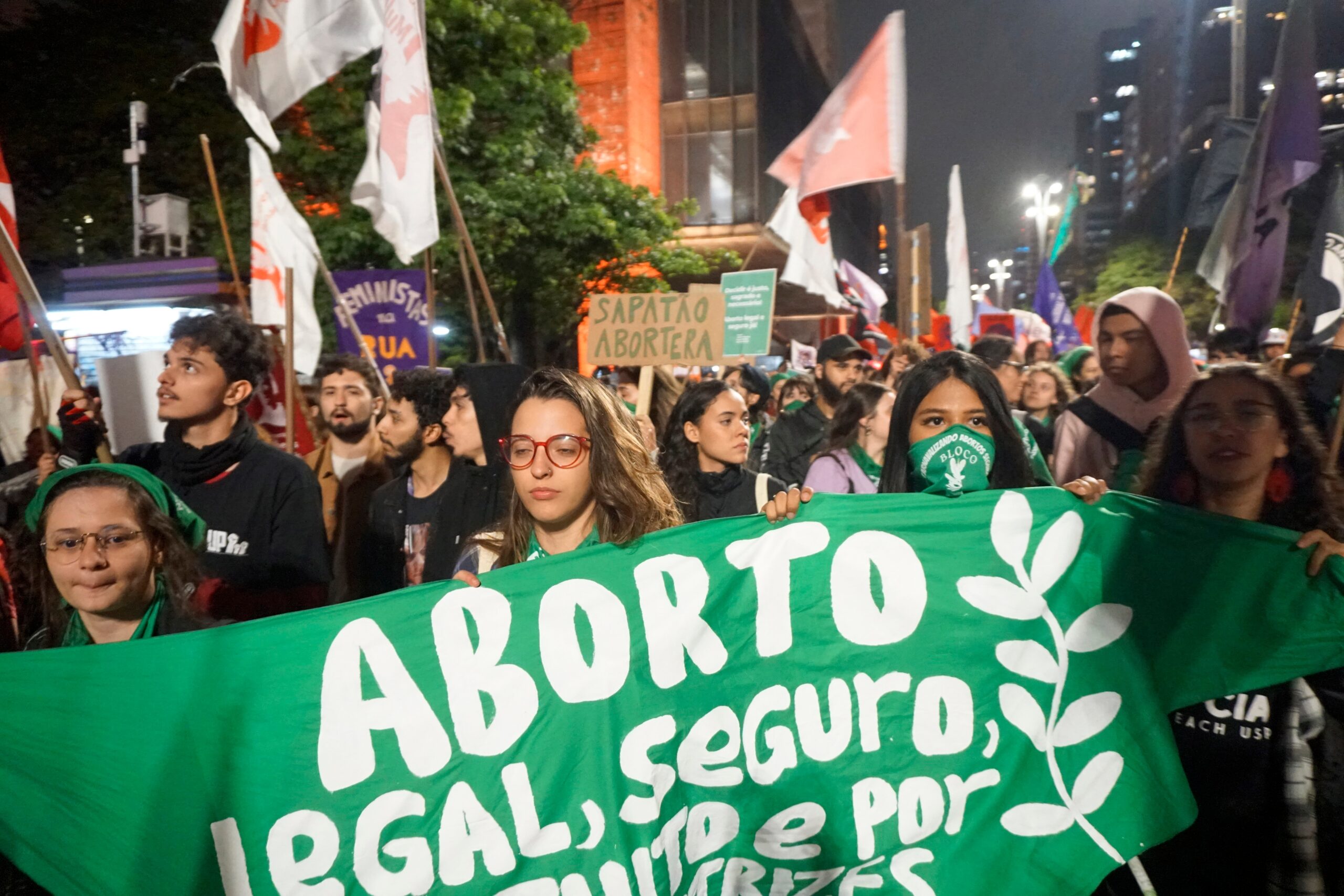Why We Still Need a Day for Global Action to Decriminalize Abortion in Latin America
By Alma Beltrán y Puga
More than 30 years have passed since women gathered for the Fifth Feminist Latin American Meeting in Argentina and launched the September 28th Campaign in favor of decriminalizing abortion in the region.
The initiative, however, remains painfully relevant, as still today most countries in Central America and the Caribbean prohibit abortion even in cases of sexual violence and instances where the pregnant woman’s health (and, potentially, life) is at stake. Nicaragua, Honduras, El Salvador and the Dominican Republic hold the most restrictive abortion laws in the region.
Change may happen soon, though, as the Interamerican Court of Human Rights (IACtHR) is set to decide an abortion case from El Salvador; the case of Beatriz, which hopefully will catalyze reform to discriminatory abortion laws.
Beatriz was a young woman with a severe lupus, kidney damage, and arthritis. She lived in poor conditions with her one-year-old son. In 2013, Beatriz became pregnant again. The pregnancy was diagnosed as high-risk: the fetus had anencephaly, a serious malformation that causes a baby to be born without parts of the brain and skull. Most babies with this malformation do not survive long after childbirth. It is very painful for women to continue with the pregnancy knowing there is no possibility for the baby to live.
Beatriz suffered with the news that she was pregnant again. Afflicted with lupus, she had narrowly survived the birth of her first child, who was delivered by cesarean section because she suffered preeclampsia during the pregnancy. This time, both she and the fetus would face death if the pregnancy continued. She requested an abortion, as her health and life were at stake. But, in El Salvador, abortion is a crime under any circumstance. So, Beatriz filed a constitutional action (amparo) urgently demanding an abortion in the public hospital where she received care. On May 28, 2013, the Constitutional Court denied it, on the grounds that health authorities dealing with her case did not consider her life in danger. On June 3, 2013, Beatriz went into labor and had a C-section; the anencephalic baby died five hours later. Beatriz’s health never recovered, and she died four years later after being hospitalized due to a traffic accident.
Subsequently, a group of feminist organizations filed a petition alleging that the rights to life, health, personal integrity, privacy, and access to justice, which are protected under the Inter-American Convention of Human Rights, were violated by El Salvador in the case of Beatriz. During the public hearings held in the Inter-American Court of Human Rights in March of this year, the feminist lawyers defending Beatriz and her family alleged that the absolute criminalization of abortion in the country violates the international human rights of women. Morena Herrera, leader of the Group for the Decriminalization of Abortion in El Salvador, explained: “Beatriz did not receive the appropriate medical treatment that a commission of doctors recommended to her during her second pregnancy because of the complete ban on abortion in the law. Doctors are afraid of performing abortions and going to jail.” Women also die due to this restrictive legislation.
In deciding this case, the IACtHR has a historic opportunity to take an intersectional approach to enforcing human rights standards. The story of Beatriz reflects how gender discrimination is compounded by social and economic marginalization in the context of access to reproductive health services. Still today, poor, marginalized women die from not having timely access to abortions. As the World Health Organization recently recommended in the Abortion Care Guidelines issued in 2022: “removing medically unnecessary policy barriers to safe abortion, such as criminalization, mandatory waiting times, the requirement that approval must be given by other people (such as partners or family members) or institutions, and limits on when during pregnancy an abortion can take place” are crucial to protecting the health of women and girls globally.
Beatriz’s death could have been prevented. It is a tragedy that in the 21st century women still die due to lack of access to safe and legal abortions. The autonomy to choose whether to be a mother or not should be a right for all women, regardless of their social background or economic possibilities, and not just a privilege for a minority of women in the region. The laws should respect, protect, and guarantee this freedom to choose.






